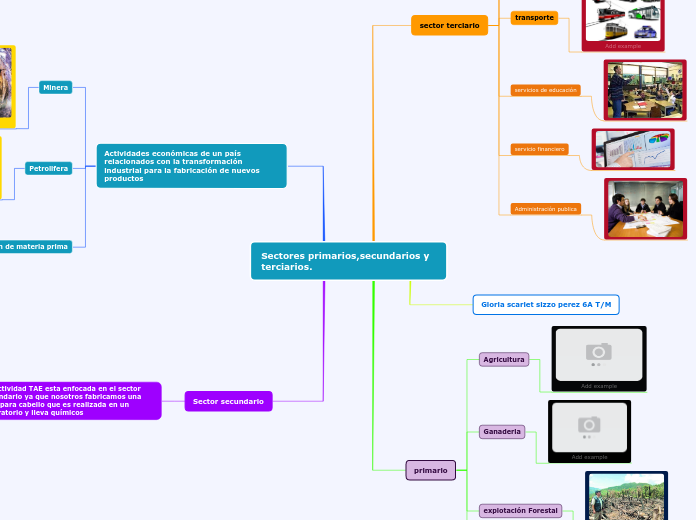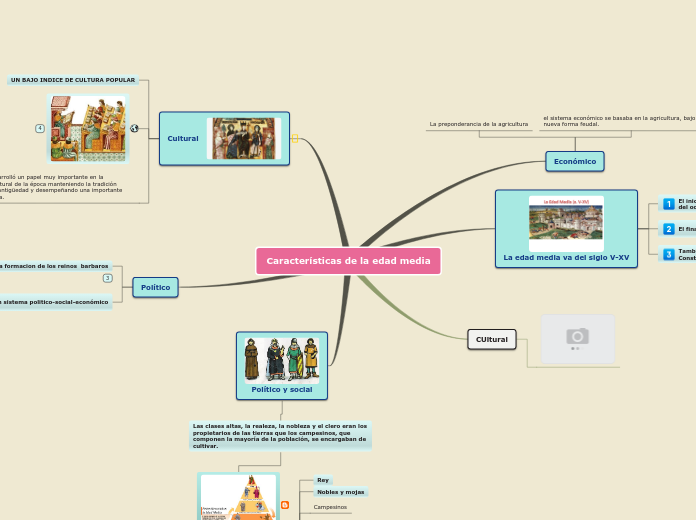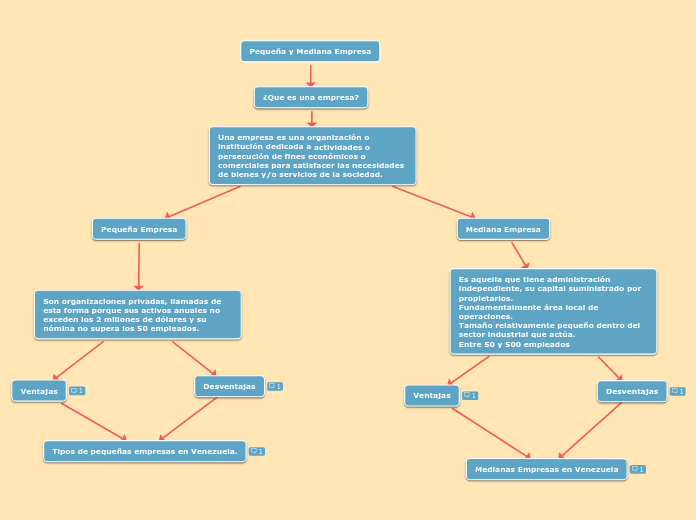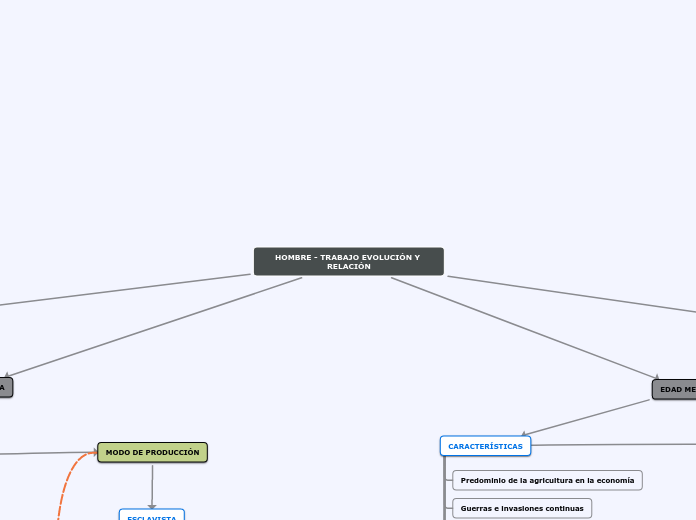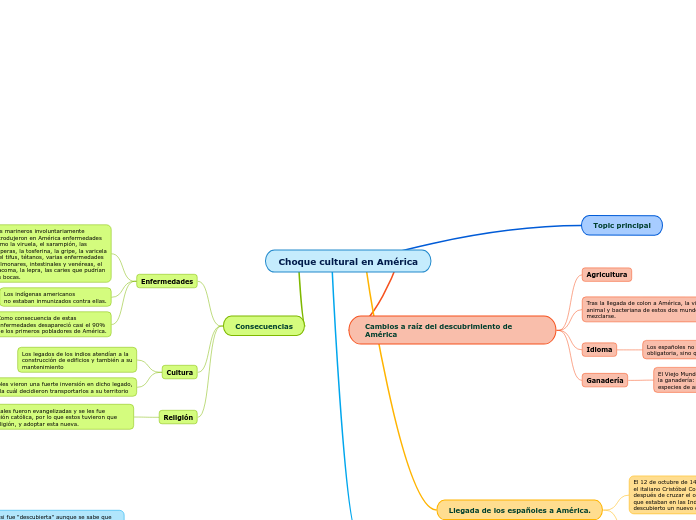Sectores primarios,secundarios y terciarios.
In linguistics, syntax is the set of rules, principles, and processes that govern the structure of sentences in a given language, usually including word order.
Sector secundario
A compound sentence is a sentence that has at least two independent clauses joined by a comma, semicolon or conjunction. An independent clause is a clause that has a subject and verb and forms a complete thought.
Mi Actividad TAE esta enfocada en el sector secundario ya que nosotros fabricamos una cera para cabello que es realizada en un laboratorio y lleva químicos
Create your own compound sentences, using the coordinators above.
Actividades económicas de un país relacionados con la transformación industrial para la fabricación de nuevos productos
A complex sentence is a sentence that contains an independent clause and one or more dependent clauses.
An independent clause can stand alone as a sentence, but a dependent clause even though it has a subject and a verb cannot stand alone.
Transformación de materia prima
The subject clause is a dependent clause that acts as a subject.
Petrolifera
A predicative clause may be introduced by conjunctions - that, whether, whether... or, as, as if, as though, because, lest, the way - or connectives.
The latter may be conjunctive pronouns - who, whoever, what, whatever, which - or conjunctive adverbs - where, wherever, when, whenever, how, why.
Minera
The object clause is a phrase on which a verb performs an action. It falls at the end of a sentence, and is governed by a verb or a preposition.
primario
Pesca y minería
See the example below and try to create your own simple sentences.
Tim is driving the car with his mother.
explotación Forestal
See the example below and try to create your own simple sentences.
Tim is the driver.
Ganaderia
See the example below and try to create your own simple sentences.
Tim drives the car.
Agricultura
See the example below and try to create your own simple sentences.
Tim drives.
Gloria scarlet sizzo perez 6A T/M
sector terciario
Administración publica
servicio financiero
servicios de educación
transporte
An adverbial is an individual word (that is, an adverb), a phrase, or a clause that can modify a verb, an adjective, or a complete sentence.
restaurantes
The attribute is defined as a quality or characteristic of a person, place or thing.
Add example
hoteles
Traditional grammar defines the object in a sentence as the entity that is acted upon by the subject.
Direct object
The direct object is the receiver of the action mentioned in the sentence.
Actividades que no producen mercancia
The subject of a sentence is the person, place, thing, or idea that is doing or being something. You can find the subject of a sentence if you can find the verb.
Ask the question, 'Who or what 'verbs' or 'verbed'?' and the answer to that question is the subject.
